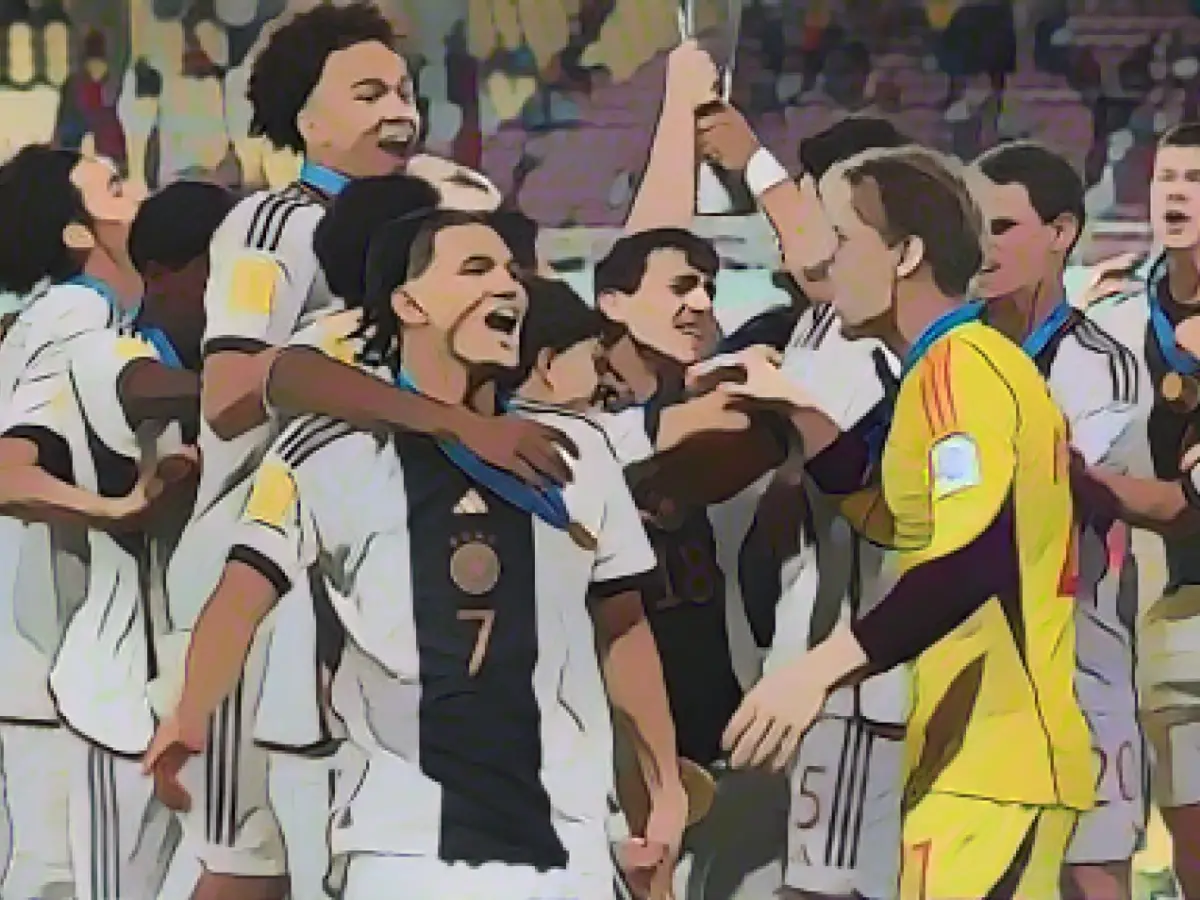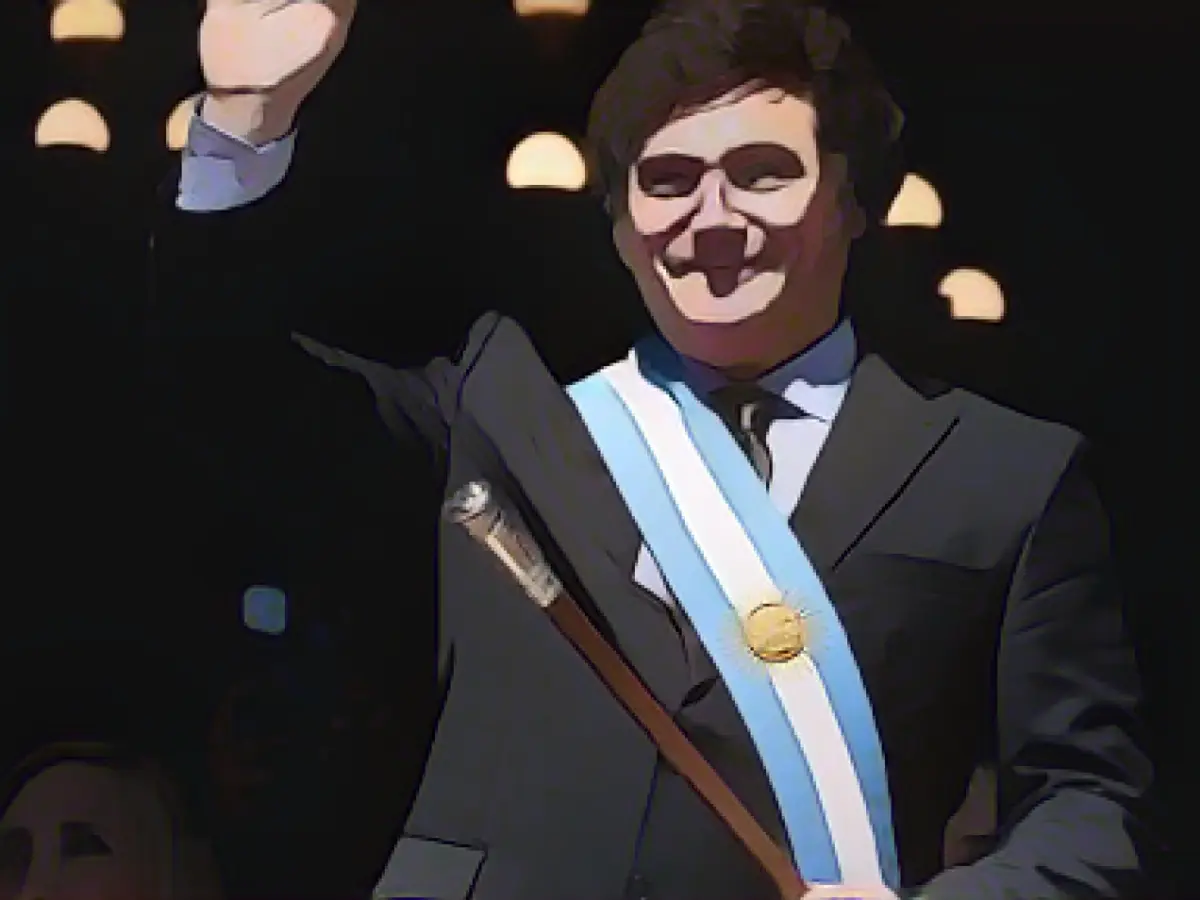Grasping Gold: The U17 World Champions' Shot at Redefining German Football
In the wake of the U17 national team's triumphant World Cup victory against France in a nail-biting 4-3 penalty shootout following a 2-2 draw, the German soccer scene is set for a rejuvenating surge. Coach Christian Wück saw the team's victory as an opportunity for a promising new generation of footballers.
"Now it's on the clubs to capitalize on this chance," Wück said after the World Cup victory. "We have loads of talent in Germany that can succeed in the 1st, 2nd, or 3rd divisions. To make this happen, we need to discover ways within Germany to offer talented German players playing time, and most importantly, trust."
With this age group holding enough talent to excel, Wück envisioned a bright future for these young champions. DFB Sports Director Rudi Völler agreed, expressing his belief that the talented juniors may flourish into senior players in the coming years.
However, Wück pointed out the challenges in the transitional area, where many skilled players often struggle to get necessary playing time. "The clubs and the German soccer landscape need to ponder over this problem," said the 50-year-old coach. "If not addressed, it's the senior national team and the U21s that will suffer."
Inspiring individual strengths and team class, Paris Brunner and Finn Jeltsch were two of the shining stars in the U17 team. As modern-day torchbearers, the current crop has the power to instill hope and transcend expectations.
[Unleashing Talent: Strategies for Youth Football Development]
German clubs and the soccer landscape can employ several methods to provide better opportunities and playing time for the U17 World Cup champions, fostering their success and career growth.
- Integration into Professional Academies:
- Borussia Mönchengladbach offers a unique integrated academy partnership with the International Soccer Academy, providing an exceptional opportunity for top North American youth soccer players to develop their skills in Germany's top-tier environment.[1][4]
- Competitive Leagues and Tournaments:
- The FIFA U-17 Women's World Cup, now an annual event with 24 teams, increases competition and opportunities for young players, enhancing team cohesion and raising the overall level of football development.[2]
- Youth Development Programs:
- German clubs like SGS Essen and Turbine Potsdam have innovative approaches to youth training, with SGS Essen incorporating a boarding school arrangement for junior players, and Turbine Potsdam providing selective opportunities for youth players to train with professionals.[3]
- Financial Support and Sponsorships:
- Turbine Potsdam has adapted its financial strategy to provide better medical care, professional player contracts, and a congenial club atmosphere.[3]
- Scouting and Recruitment:
- Borussia Mönchengladbach actively scouts elite North American youth soccer players from MLS Academies, MLS Next, and ECNL Boys showcases, ensuring that they have promising young talents to nurture and develop.[1]
- State-of-the-art Facilities:
- With facilities including six large playing fields, turf fields, football cages, a sand pit, and a coordination course, Borussia-Park provides an inspiring and comprehensive environment for player development.
By embracing these strategies, German soccer clubs and the German soccer landscape can create substantial opportunities for the U17 World Cup champions, enabling their progress and paving the way for successful careers.








